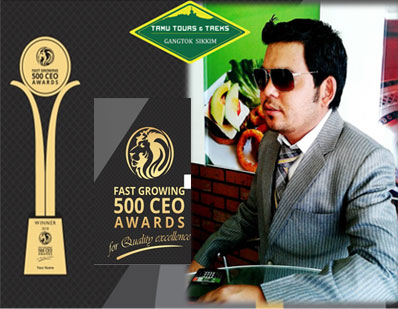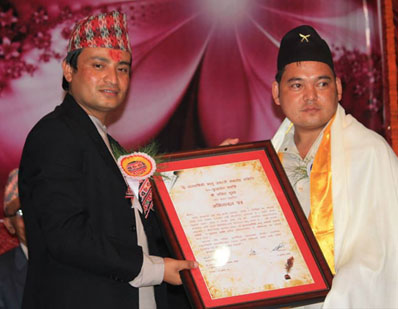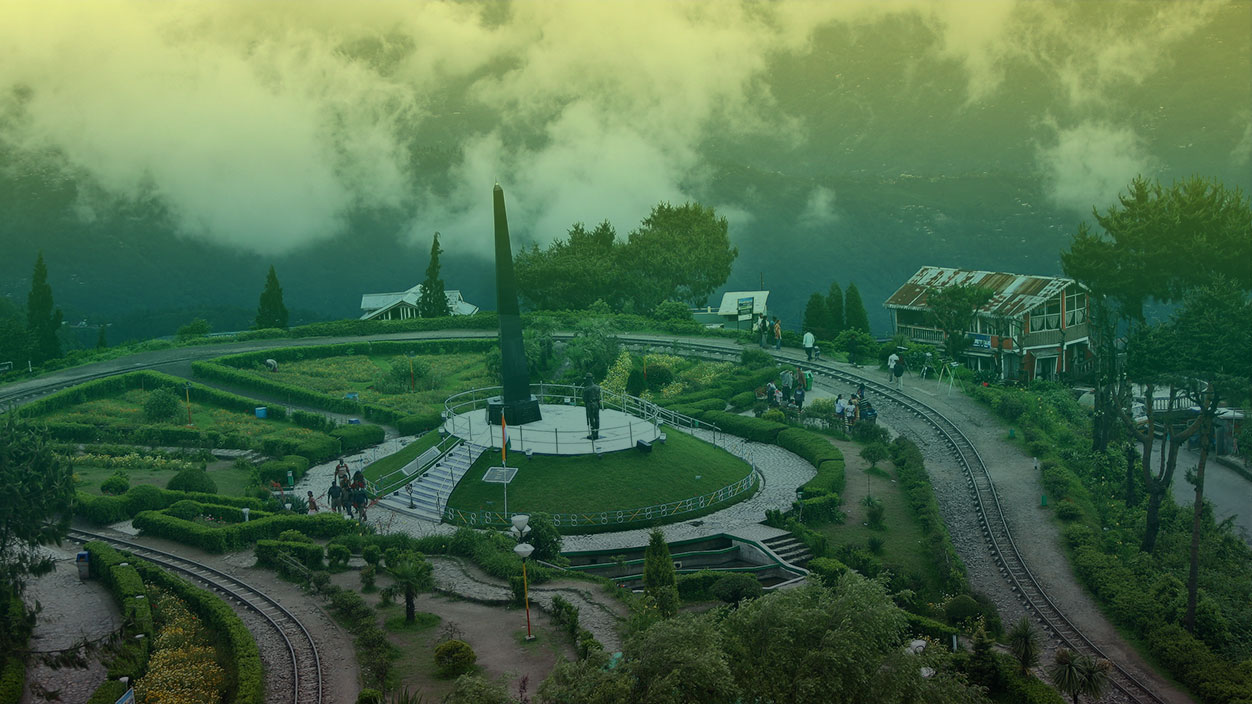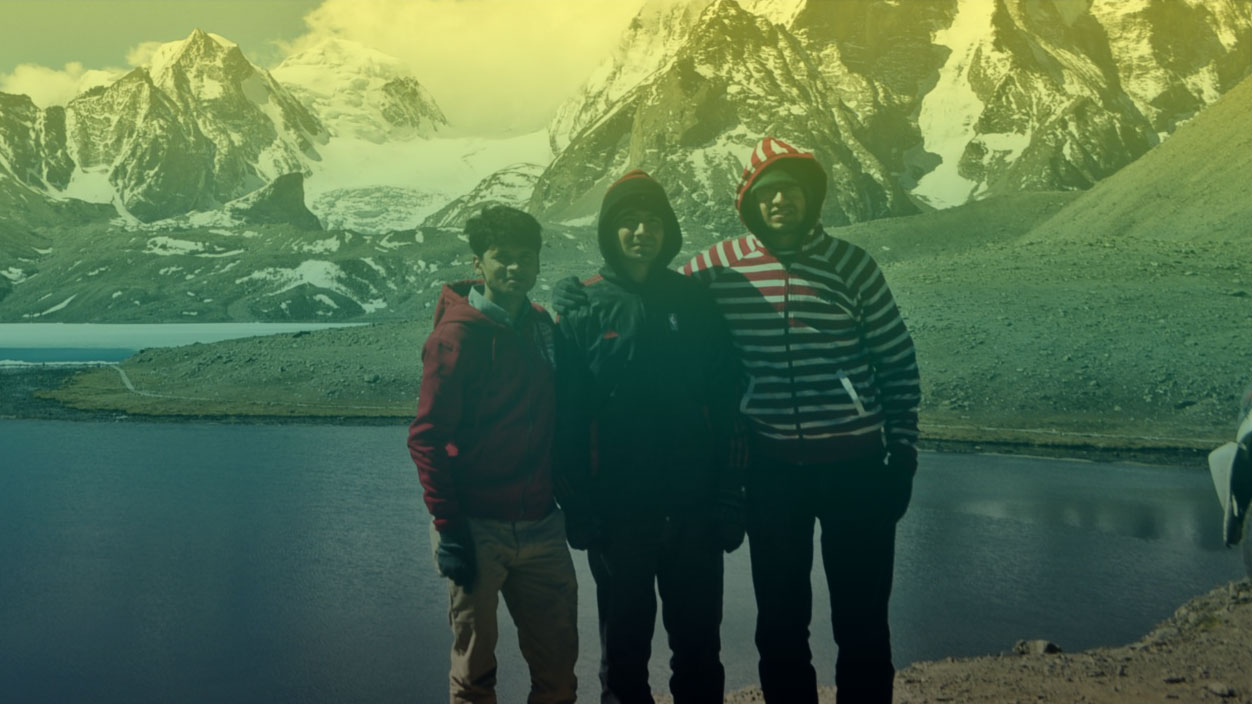There is a debate still raging over the definition of the word and concept. But that has not prevented it from becoming one of the fastest growing segments in the travel ?tourism sector. According to statistics, nature oriented tourism, which comprises 20 percent of the world travel market has been growing more than any other sector. And eco tourism, a segment of it, has also been growing a segment of this market, has been growing between ten and 30 percent per annum. It is turning out to be a trump card for tourism industry. But care has to be taken not to over play it
Recognizing the global importance of Eco-tourism, The United Nations designated the year 2002 as the International Year of Eco tourism. Growing demand for environmentally friendly destinations and holidays has prompted the organizers of World Travel market in London to highlight this sector.
With the advent of Eco-tourism, mass tourism has reached the remote and up-to-now unscathed natural regions, often home to sensitive and fragile ecosystems. There is a general agreement that Eco-tourism is a type of travel to a natural area that supports conservation activities, contributes to local community development and leads to greater understanding and appreciation of the natural and cultural environments. At the same time Eco-tourism is subject to considerable debate in international forum, between critics and proponents. The former including many who have become disillusioned by the abuse of the tem and the inability for the ideal of Eco-tourism to be achieved.
Around the world there are many cases where tour operators promote socio-cultural and environmental concerns simply as a gimmick to increase profits and attract a clean image. Calculations by the International Eco tourism Society shows that experienced ecotourism's are willing to spend more than general tourist. Green and eco brands are good marketing tools also. A distinction must be drawn between traditional tour operators and principled eco tourism operators.
The former frequently shows no commitment to conservation or natural are management. They merely offer the clients an opportunity to experience exotic places and people before they change or disappear. Principled eco tourism operators, on the other hand, have begun to form partnerships with protected area managers and local people, with the intention of contributing tot he long-term protection of wild lands and local development, and in the hope of improving mutual understanding between residents and visitors. Eco tourism with such participation provides not only an economic inventive/alternative for local people.Low visitor impact and sustainable tourism are the buzzwords of ecotourism. Take nothing but memories. Leave nothing but footprints.
Need to Preserve Nature Ecotourism means many things to many people. To some it is travel to enjoy the world?s amassing diversity of the wilderness and to some a purposeful travel to natural areas. But, the one thing that has not been identified yet is that, the concept of eco tourism finds full expression only with due emphasis on nature, the identification of the cultural, social and geographical features of region along with serene and scenic beauty.
The sudden growth of ecotourism and the recognition it is gaining world over, has made experts to think about the various environmental, economical and cultural impact it can bring tot he has country.
The UN has declared 2002 as the International Year of Eco Tourism. The United Nations Environment programme has taken the lead in organizing activities for this year at the International level. Eco tourism, the idea that nature based tourism could contribute to the social and environmental benefits burst into public consciousness in the late 1980s and became virtually a phenomenon in the 1990s.
In particular, the team is surrendered by confusion, Is it a form of ?Alternative Tourism? Is it sustainable? Is it responsible? The list is endless and it is feared much of the debate counter productive. Ecotourism can be seen as a particular variant of the alternative tourism. A crucial component in this is that the affected local communities need to be the recipients of the benefit. Spreading benefits to local communities is also fraught with problems and often inadequate to offset the appeal of short term but more lucrative extractive industries.
However, in the decade of eco tourism, one can see that benefits are not always easy to deliver. Undoubtedly, there are forests still standing, rivers still clean and wildlife alive because of eco tourism. Conservation issues are now at the forefront of public opinion. One cannot just write off, the sudden decline of nature rainforests, loss of endangered species, global warming and land degradation. One thing however is certain, the increasing global interest and exponential growth in eco tourism cannot simply be explained as another in a long line of recreational trends. Instead, it reflects a fundamental shift in the way human beings view and engages with nature.
Eco tourism has appeared to hold promise to ameliorate another dilemma of our age. The twentieth century has seen the tragic and rapid demise of the rich cultural heritage of the world?s indigenous people by the relentless pressure of modern industrialized society.
So one can see how the UN declaration has proved itself because it is a testimony of the growing importance of eco tourism, not only as a sector with great potential for economic development-especially in remote areas where few other possibilities exist, but also as a powerful tool for conservation of the natural environment, if it is properly planned, developed and managed.
















 Anirudha Paul
Anirudha Paul



